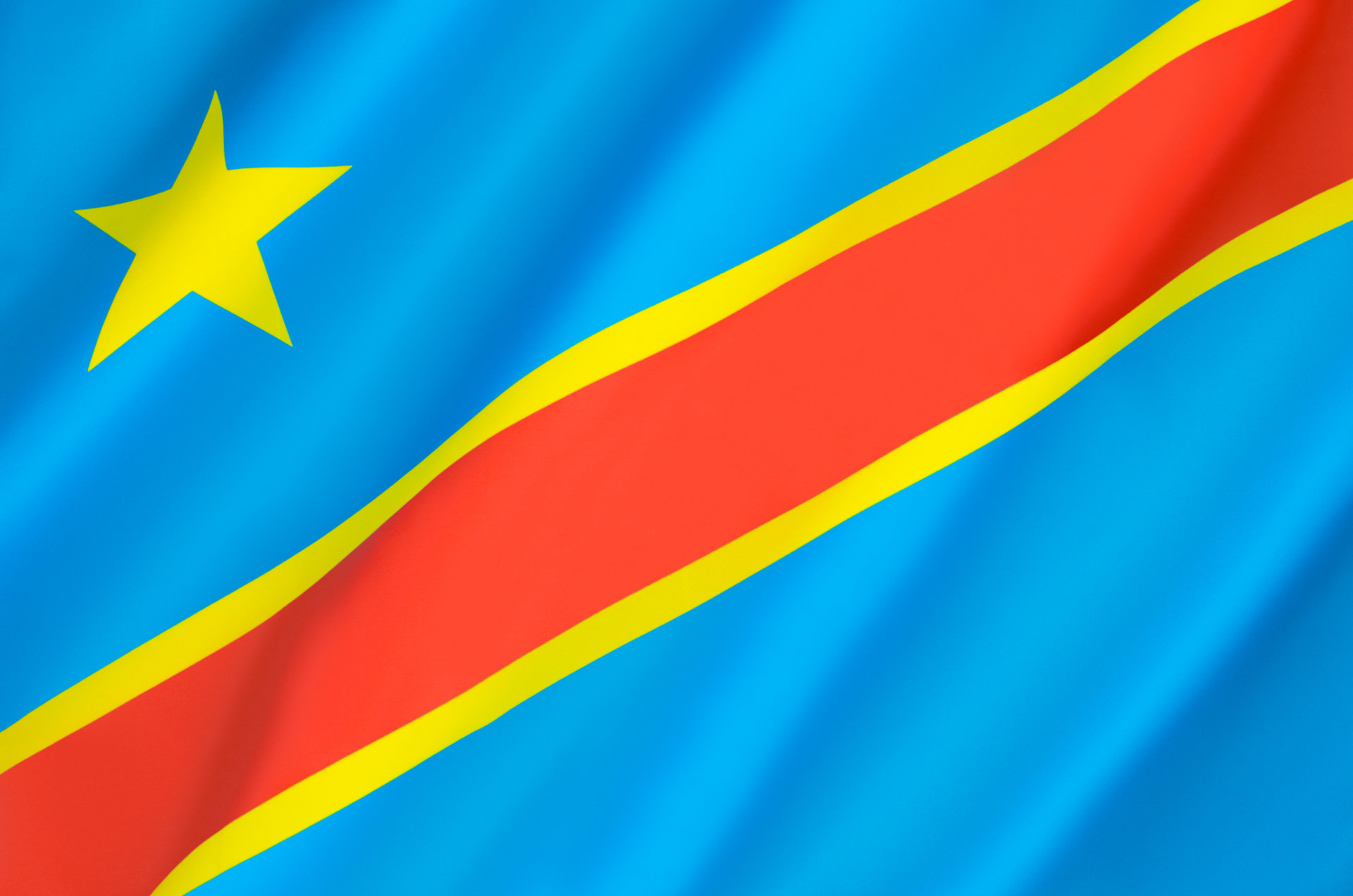
The Business Day
By Alan Wallis
South African businesses operating abroad as if SA’s constitution doesn’t apply, had better beware, because it is perhaps only a matter of time before one of them finds itself in a courtroom in SA.
THE International Criminal Court will hand down its first judgment this week. Thomas Lubanga, former president of a Congolese rebel group, is likely to be found guilty of war crimes committed in the Democratic Republic of Congo. But if the spectre of an African warlord judged by an international court based in Europe makes international justice seem antiquated not revolutionary, other developments make it likely that one day it will be a large multinational — or at least its CEO — in the dock.
Recently, the US Supreme Court, in the landmark case Kiobel v Shell, heard argument on whether the petroleum giant should be liable for aiding and abetting torture and extrajudicial killings in Nigeria; car manufacturer General Motors paid out ,5m dollars to South African apartheid victims for its complicity in the regime; and Nestlé will certainly be looking to sweeten a deal with the Swiss authorities investigating claims of its involvement in murders in Columbia.
The Kiobel case is the poster case for corporate accountability. Its procedural history demonstrates the historical reluctance of courts to pronounce definitively on the issue, highlighting the moral, political, financial and legal implications of imposing liability on companies.
The case, which was brought in terms of the US Alien Tort Statute, a century-old law that allows foreign nationals to bring civil suits in US courts for harms “committed in violation of the law of nations or a treaty of the U S “, required a reluctant Supreme Court b ench to hear argument on corporate liability. The court asked that the matter be re-argued on a different question: can there be domestic liability for rights violations committed abroad?
Lawyers and companies will certainly be watching Kiobel closely. But a loss for the plaintiffs will not mean companies engaging in rights violations are off the hook worldwide.
Given the global corporate footprint of South African multinationals, SA’s own Kiobel case may not be far off and, although untested on these points, South African law theoretically has the potential to yield greater fairness to plaintiffs than US law. The constitution recognises that corporations have rights and enjoins them to respect the rights of others. International customary law is part of South African law, and internationally recognised rights and criminal conduct are domestically enforceable. Whether the Bill of Rights applies extraterritorially in relation to harmful corporate activity abroad is also a question that has been left open by the Constitutional Court.
South African criminal law acknowledges corporate accountability for any crime recognised under South African law. This could include murder and rape and may also include international crimes incorporated into South African law via the Rome Statute for the International Criminal Court, potentially allowing our courts to try corporate complicity for international crimes regardless of where they are committed.
What is more, a number of novel South African laws explicitly criminalise certain corporate conduct committed abroad.
SA’s corruption legislation prohibits South African companies from engaging in a wide variety of corrupt activities in other countries, making the recent allegations that MTN bribed its way into nuclear rogue Iran’s controversial telecommunications sector potentially all the more serious.
The Military Assistance Act is another unique law. In terms of this law, it is illegal for South African companies to provide assistance that furthers and facilitates foreign armed conflicts in a manner that conflicts with SA’s international law obligations and infringes human rights. South African companies operating in places such as Palestine, Syria and Afghanistan may therefore find themselves on the wrong side of the law.
Although these laws do not necessarily criminalise international human rights violations per se, they have the potential to address their violation. As such, a South African company may not only find itself criminally liable, it may also be civilly accountable for any resultant harm.
SA, like the US, has the potential to positively contribute to development and enforcement of corporate accountability. Whatever the outcome of Kiobel, South African businesses operating abroad as if SA’s constitution doesn’t apply, had better beware, because it is perhaps only a matter of time before one of them finds itself in a courtroom in SA.
- Wallis is the International Justice Project Lawyer at the Southern Africa Litigation Centre.
http://www.businessday.co.za/articles/Content.aspx?id=167155



